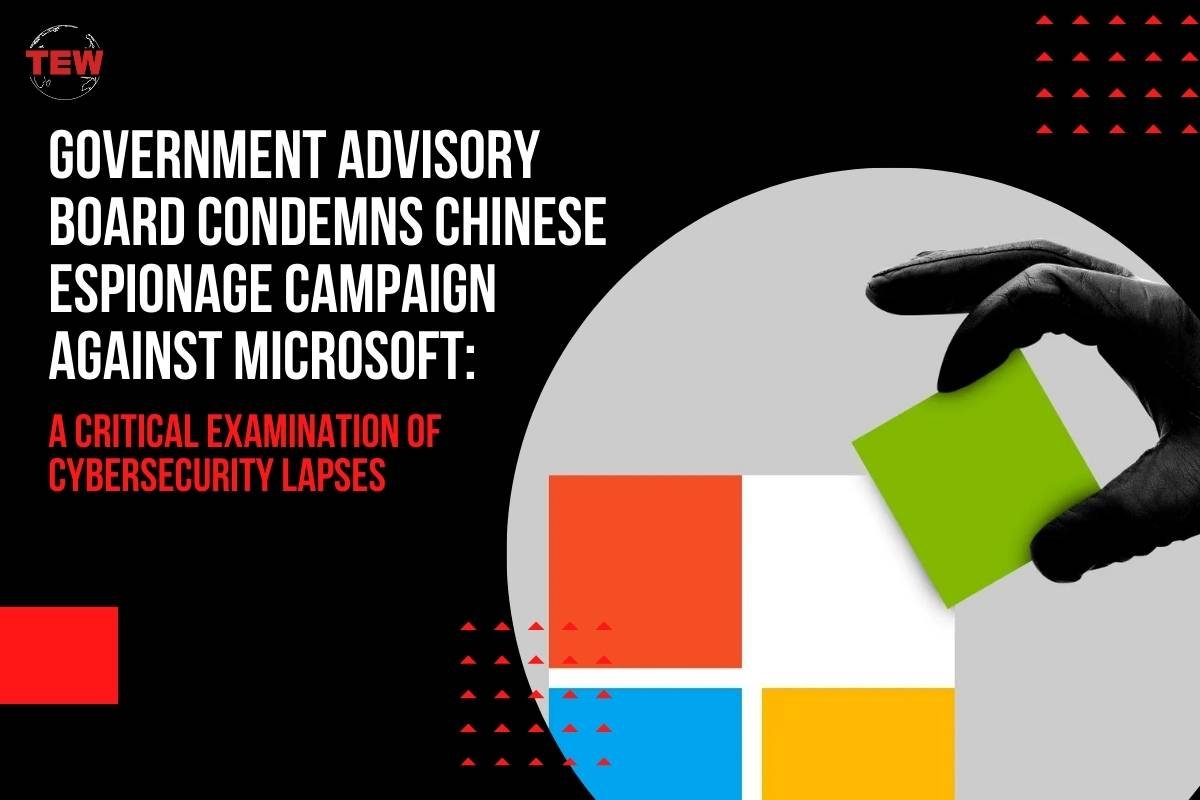(Source-Illustration_ Aïda Amer_Axios)
A prominent government advisory board issued a damning report on Tuesday evening, deeming a Chinese espionage operation targeting Microsoft last summer as “avoidable and entirely preventable.”
The significance of this conclusion cannot be overstated, marking the most severe indictment of Microsoft’s cybersecurity practices thus far, amid a series of high-profile breaches that have endangered sensitive U.S. government data.
Implications and Fallout: Assessing the Consequences of the Scathing Report
Background: The U.S. Cyber Safety Review Board, housed within the Cybersecurity and Infrastructure Security Agency (CISA), initiated an investigation into the Microsoft breach since early August. In July, Chinese state-sponsored hackers infiltrated Microsoft’s cloud networks, gaining access to email accounts across approximately 25 organizations, including those of Commerce Secretary Gina Raimondo and several State officials. This incident raised alarms in Washington, given Microsoft’s status as the primary cloud provider for the U.S. government. Microsoft has also been targeted in other notable breaches, including the 2021 Exchange hack and ongoing attacks linked to Russia’s Midnight Blizzard hacking group.
Key Findings: The report attributes the July breach to “avoidable errors” and Microsoft’s failure to detect the compromise of its critical cryptographic assets. Board members conducted extensive interviews with Microsoft and other cloud service providers over seven months, uncovering operational and strategic decisions that led to the deprioritization of enterprise security investments and robust risk management practices within Microsoft’s cybersecurity.
Microsoft’s Response and Industry Implications: Charting the Path Forward in Cybersecurity
Intriguing Details: Notably, three board members abstained from the investigation due to potential conflicts of interest. However, officials caution that the Chinese government’s cyber operations pose ongoing threats to high-value U.S. companies, with a demonstrated capability to compromise identity systems and cloud providers, targeting individuals of interest to Beijing.
Industry Response: The board’s scathing assessment is igniting discussions among Microsoft’s competitors and critics, who argue that the tech giant’s dominant position as the government’s top cloud provider poses significant national security risks. Cybersecurity experts emphasize the importance of freedom for government and enterprise customers to choose best-in-class technologies tailored to their unique needs.
Microsoft’s Reaction: In response to the report, Microsoft has taken proactive measures to fortify its internal cybersecurity culture. Following the breach, the company expanded access to security logs for customers and revamped its security strategy, implementing new secure default settings and accelerating vulnerability response times. While acknowledging the threat posed by well-resourced nation-state actors, Microsoft vows to continue enhancing its security infrastructure and processes in collaboration with CISA’s guidelines for industry-wide security and transparency standards.
Looking Ahead: CISA aims to establish a baseline of robust security practices for cloud service providers, encouraging transparency and progress sharing. Microsoft’s cybersecurity is actively reviewing the final report to implement further security upgrades, underscoring the ongoing efforts to safeguard against cyber threats in an increasingly interconnected digital landscape.





